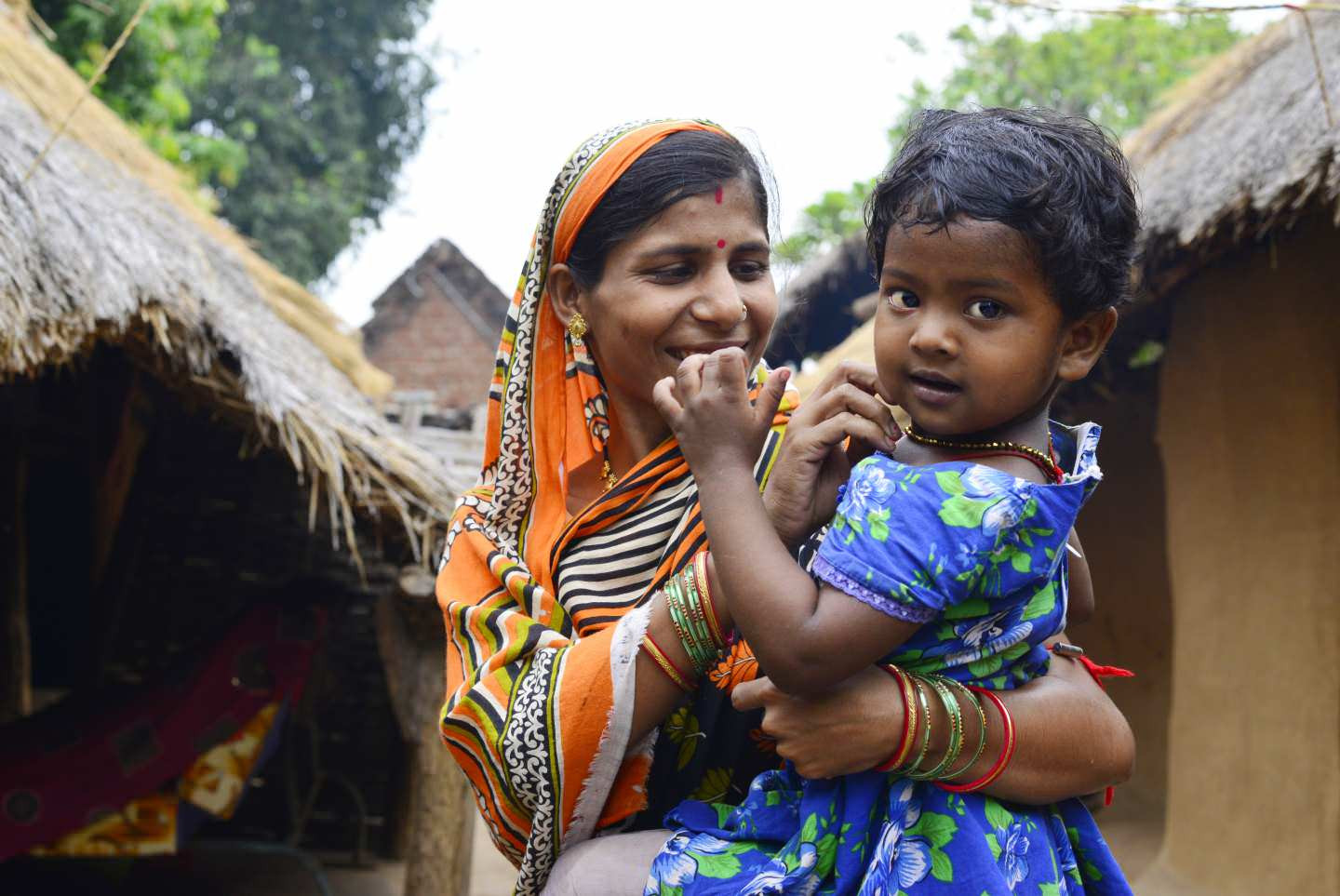National Independence Day celebrations, such as India’s this week, typically provide leaders and citizens the opportunity to reflect on the hopes, aspirations, anxieties and promise their country holds.
With 70 years of progress to look back upon, Indians have much to be proud of, especially in the realm of health. Improvements in maternal and child health and water and sanitation have increased Indians’ life expectancy and unlocked economic benefits for many. Two significant milestones in particular – eliminating smallpox and polio – represent tremendous feats that improved the lives of millions of Indians and served as turning points for global eradication efforts.
I feel particularly lucky to have worked on India’s country-wide polio eradication campaigns in the final years leading to elimination. Throughout my time, I was keenly aware of the enduring commitment that India’s political leaders made and the duty hundreds of millions of citizens took to rid their country of this preventable, but debilitating and sometimes deadly disease.
Now on the horizon, India has another opportunity to build hope and instill pride in its citizens. After decades of progress but also significant setbacks, India has committed to eliminating malaria for good by 2030. The disease still poses a risk to 1 in 7 Indians, disproportionately impacting women and children living in India’s tribal regions. While India accounts for almost 90% of all the malaria cases in Southeast Asia.
Freedom from malaria can boost families’ health and productivity. It enables children to be healthy enough to attend school and parents to go to work and not be burdened with the costs associated with malaria treatments. These changes can improve the quality of life and rescue millions of Indians from the jaws of poverty and contribute to India’s continued progress.
Since 2000, India’s efforts have led to a 50% reduction in malaria cases, putting it on track to achieve freedom from malaria. Building on this success, India recently launched a five-year National Strategic Plan that includes elimination targets for 571 of 678 districts by 2022.
Setting and achieving the near- and long-term malaria elimination goals requires that India once again have steadfast leadership and commitment by all Indians. To combat these roadblocks and help India be malaria free by 2030, Malaria No More is working with a broad set of technical, media, and private sector partners to support the government’s efforts on malaria, increase funding and ensure the political commitment to end the disease remains a national priority. Doing so will assure another significant health win that can improve the lives of millions and contribute to India’s growing stature as a global leader.
In the recent past, India has demonstrated that with a united front it can win the fight against diseases such as polio and smallpox. Now, with momentum on India’s side, let this Independence Day mark a decisive turn in India’s fight against this disease and be the beginning of a malaria free India.



